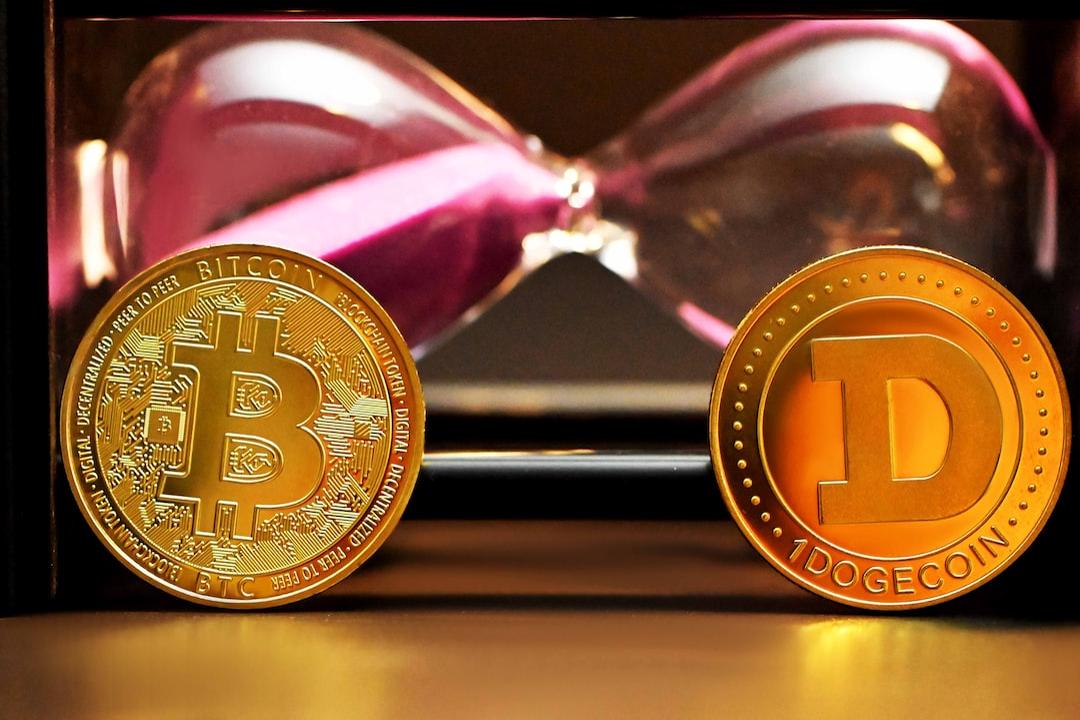The European Commission has revealed its choice of Iota’s Web3 Identification solution for the latest version of the European Blockchain Sandbox initiative (EBSI).
On June 13, the European Commission unveiled the participants selected for the second group of its EBSI program. Among the chosen participants is Iota, a decentralized ledger and cryptocurrency ecosystem.
Iota’s selection shines a spotlight on its Web3 ID solution, which was developed in partnership with Walt.id, IDnow, Bloom Wallet, and HAVN. Iota views this selection as a significant achievement for its identity solution.
The EBSI was established by the European Commission in 2023 to act as a testing platform for distributed ledger technology (DLT) solutions across various sectors. Each group consists of a maximum of 20 projects, which are provided with a controlled setting for testing and validation, as well as opportunities to interact directly with regulators from the European Union.
Among the selected projects, in addition to Iota, are RealEstate.Exchange (REX) DigiShares, the blockchain platform DoxyChain focused on documents and businesses, the project Hacken for smart contracts and blockchain security analysis, and the Origintrail project centered on artificial intelligence-driven knowledge infrastructure.
Iota’s specific use case for the Web3 ID solution aims to revolutionize the traditional process of implementing Know Your Customer (KYC) procedures, which are often hindered by inefficiencies, high expenses, and privacy worries. The solution involves implementing a reusable KYC system through DLT and tokenization to boost security and user control over personal information.
The process starts with remote identification carried out by IDnow to ensure compliance with EU Anti-Money Laundering (AML) and KYC regulations. In Iota’s Web3 ID solution, the verified identity is tokenized and stored in the user’s wallet as a soulbound token, which can be utilized in various Web3 applications to confirm identity without revealing personal details.
As the EU actively works towards implementing a digital ID system, with full implementation requirements by 2026, member states are mandated to provide at least one EU digital identity wallet to all citizens and residents. The digital ID wallet is intended for electronically signing and storing documents, from university diplomas to train tickets, marking a new era in how European citizens live and work.
Meanwhile, The Open Network blockchain ecosystem has dedicated $5 million in Toncoin (TON) tokens to encourage users to verify their identity using advanced palm scanning technology, reflecting a growing trend in the industry of finding solutions for digital identity in an increasingly digital world.

